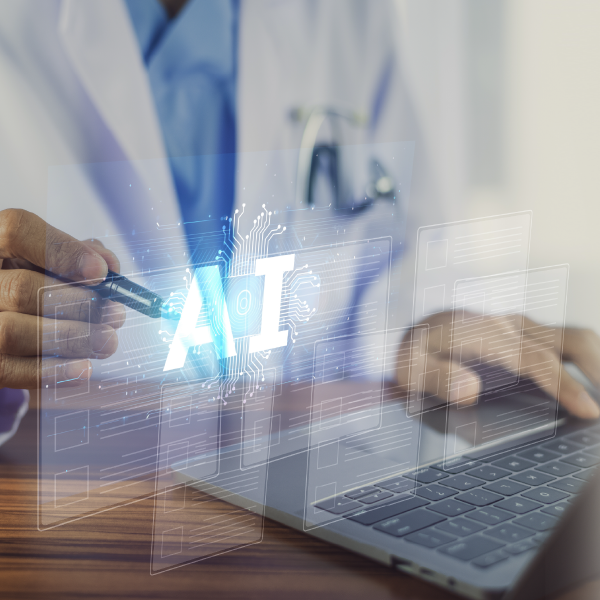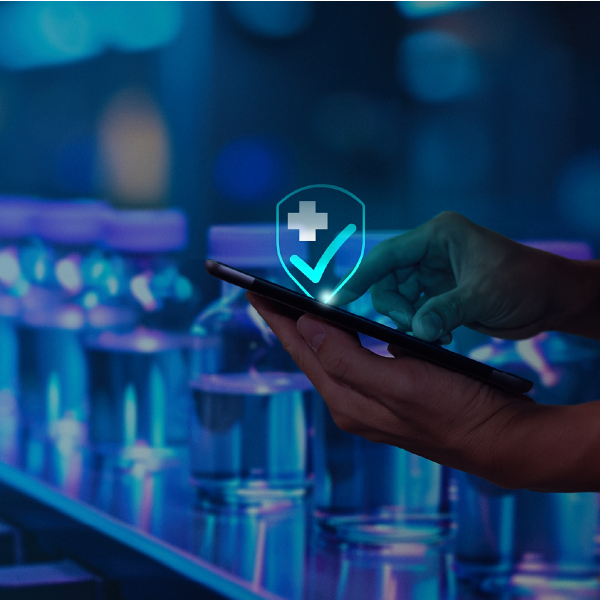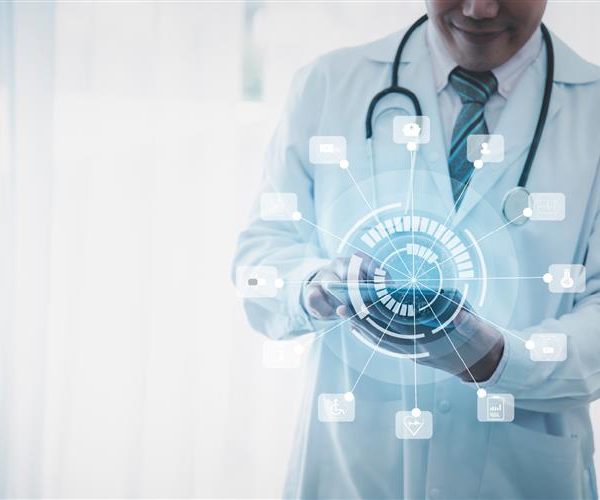Enhancing Drug Safety Through Digital Solutions: Innovative Technologies in FDA REMS Programs

According to the World Health Organization (WHO), “medication-related harm affects 1 out of every 30 patients in health care, with more than a quarter of this harm regarded as severe or life threatening.” Ensuring the safety of medications is paramount, and the U.S. Food and Drug Administration (FDA) has long been at the forefront of this mission, implementing Risk Evaluation and Mitigation Strategies (REMS) to manage the risks associated with certain medications.
As technology advances, so do the methods for enhancing drug safety. This blog explores the innovative technologies being integrated into FDA REMS programs and how digital solutions are revolutionizing drug safety.
The Role of REMS in Drug Safety
REMS programs are designed to reinforce safe medication use behaviors and actions. These programs are required for medications with serious safety concerns to ensure that the benefits of the medication outweigh its risks.
While all medications have labeling that informs healthcare providers about risks, REMS programs go a step further by implementing specific strategies to prevent, monitor, and manage serious risks.
Innovative Technologies in REMS Programs
The FDA, in collaboration with various stakeholders, is leveraging contemporary health data standards to integrate REMS requirements into prescribers’ and pharmacists’ clinical workflows. This integration aims to reduce the burden of implementation of REMS programs and optimize patient outcomes.
These innovative technologies include the following:
- Advanced Health Data Standards: By using standardized health data, prescribers and pharmacists can complete REMS requirements without leaving their workflows. This automation increases efficiency and reduces the burden on healthcare providers.
- Artificial Intelligence (AI) and Machine Learning (ML): AI and ML are being used to enhance pharmacovigilance, the science dedicated to ensuring drug safety. These technologies can process vast amounts of data in real-time, allowing for immediate detection of safety signals and faster reporting.
- Natural Language Processing (NLP): NLP is being employed to analyze unstructured data sources, such as electronic health records and social media posts, to identify potential safety risks. This technology enables a more comprehensive and timely approach to safety signal detection.
- Digital Health Solutions: Digital health tools, such as mobile apps and online platforms, are being developed to facilitate patient education and engagement. These tools provide patients with easy access to important safety information and reminders about medication use.
Enhancing Drug Safety Through Digital Solutions
Digital solutions are transforming the way drug safety is managed. Some key benefits of integrating digital technologies into REMS programs are:
- Improved Efficiency: Automation of REMS requirements reduces the administrative burden on healthcare providers, allowing them to focus more on patient care.
- Real-Time Monitoring: AI and ML enable continuous monitoring of medication safety, providing real-time insights and allowing for swift action when safety signals are detected.
- Enhanced Patient Engagement: Digital health tools empower patients to take an active role in their medication management, leading to better adherence and improved outcomes.
- Data-Driven Decision Making: The integration of advanced data analytics allows for more robust evaluations of REMS programs, leading to data-driven improvements in drug safety.
The integration of innovative technologies into FDA REMS programs is a testament to the power of digital solutions in enhancing drug safety. By leveraging AI, ML, NLP, and digital health tools, the FDA is reducing the burden on healthcare providers and working to ensure that patients receive the safest possible care at the same time. As technology continues to advance, we can expect even more groundbreaking innovations in drug safety.
As the landscape of drug safety continues to evolve, partnering with a trusted expert can make all the difference. MMS offers comprehensive support for FDA REMS programs, leveraging our deep expertise and advanced technologies to ensure compliance and enhance drug safety. With a proven track record of developing and implementing successful REMS programs, MMS and its team of REMS experts can help you navigate the complexities of REMS and achieve regulatory success.
Connect with the MMS team today to learn how our team of Safety, Quality, and Regulatory specialists can support your REMS program and help you bring your drug to market safely and efficiently. Together, we can enhance drug safety through innovative digital solutions.
For more information on REMS, click here to download our complimentary eBook now.
This article was written by Jennifer Perrin (Associate Director, Quality and Compliance) and
Christine Manley (REMS Director) at MMS.











